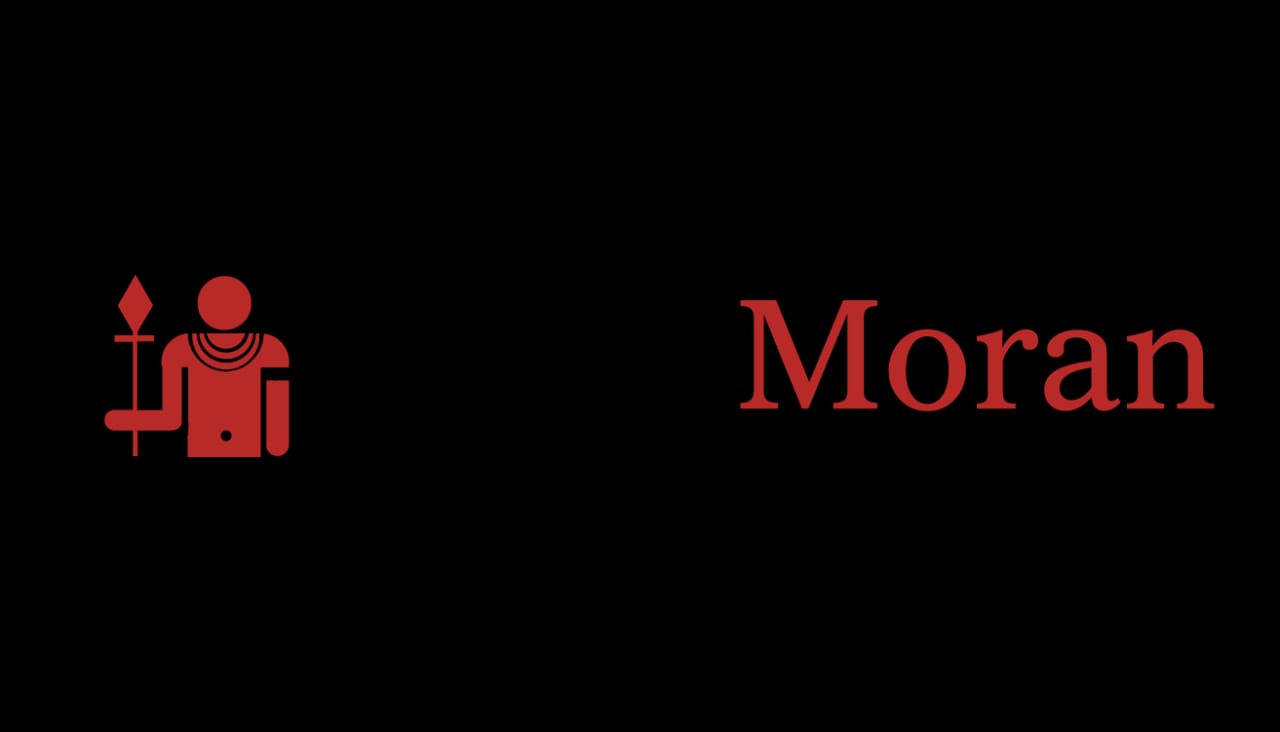
Over three billion people world use open fires or wood charcoal for cooking producing black soot and toxic gases, leading to the premature death of 4 million persons yearly. That has lead to Emerging Cooking Solutions to design a state of the art cooking appliance that is gaining a following in Zambian households.
Emerging Cooking Solutions (ECS) humbly began in 2010 with 40 households, but now boasts of having the capacity to produce clean, renewable cooking fuel for thousands of households, as it works with customers such as Copperbelt Energy Corporation, First Quantum Minerals, Sandvik and SKF inspired to see an end to deforestation in Africa and and put a stop to the health hazards associated with smoky cooking.
Yet, a number of companies and non-governmental aid-organizations have focused on distributing clean cook stoves in developing countries. The introduction of modern solid-fuel stoves is one of the quickest ways to improve health and living conditions. But unique about this new design is by pelletizing unwanted agro- and forestry waste to upgrade a nuisance to a 100% renewable bio-fuel – and sell it cheaper than the competing unsustainable alternative – Charcoal, in turn reducing the effects of greenhouse gases and global warming.
Some six tons of virgin forest is destroyed when making one ton of charcoal. This can be replaced by less than 500 kg of pellets made from rice- or wheat husks, straw, peanut-shells, saw-dust or maize husks, concur innovators.
Yet, the Charcoal market in Zambia is worth more than USD 100 milion with very little or no tax-revenue generated for the country. A shift to regulated, sustainable and healthy cooking fuels will not only help save the forests and improve health, it will also create tax revenue for the continents continued development.
Gaining a following, a few individuals have shown an interest in the new life saving cookware. “We were recently given time at the end of church service at St Matthews Church in Lusaka to show our cooking solution. 600 people were amazed at this innovation that can help improve their lives,” said Mattias, “We also met with one of the church’s women’s groups the day before. About 20 out of 40 women signed up right away to purchase the stove, which will be paid in installments.”
Moreover, the organisation has recently received a confirmed order from one of the major micro financing institutes in Zambia, zealous about spreading the word on the new life saving cookware.


